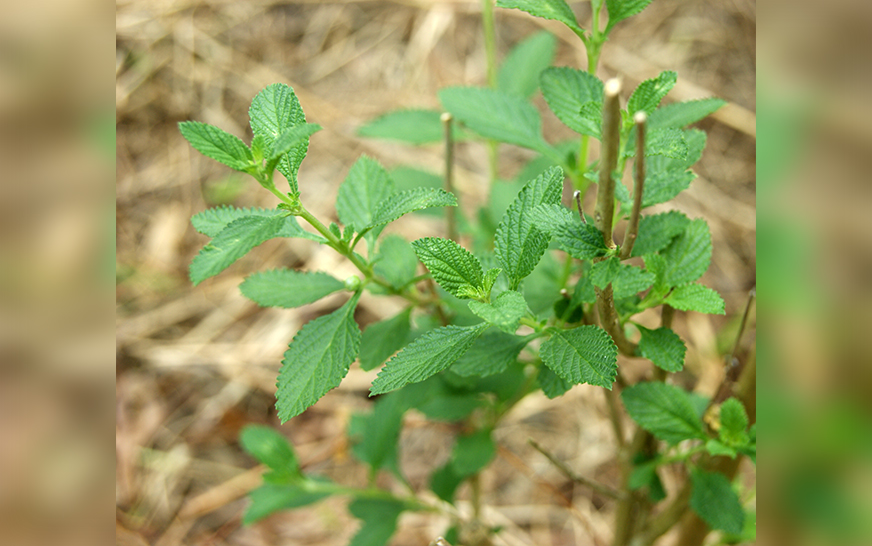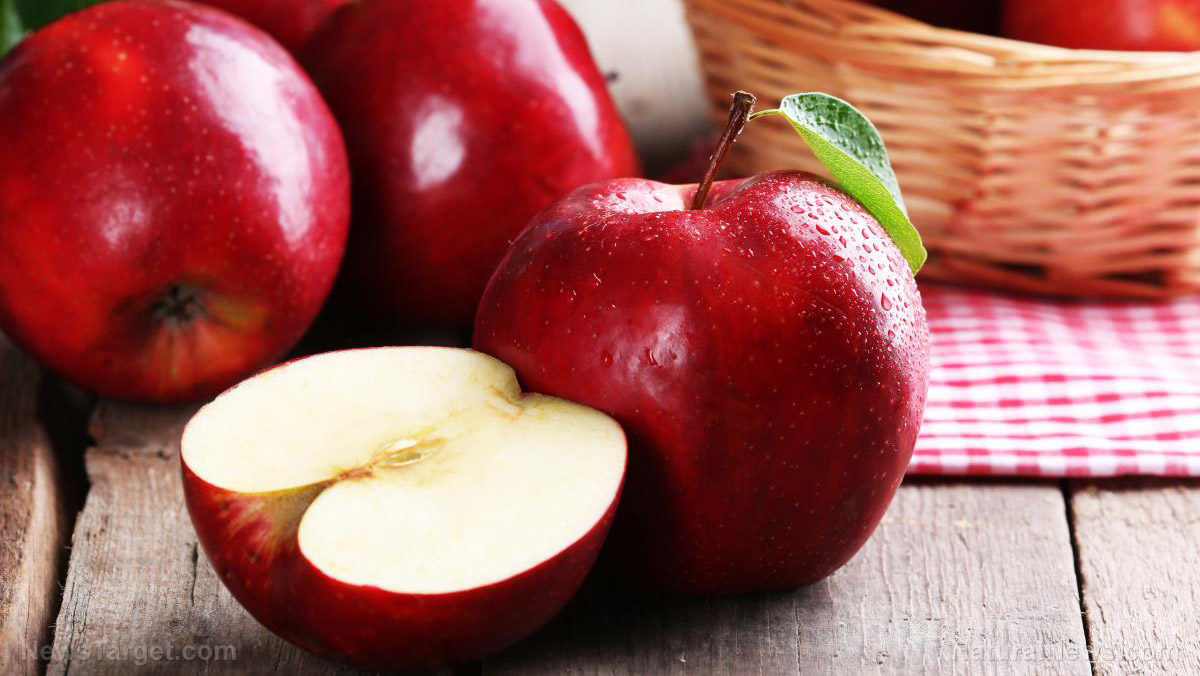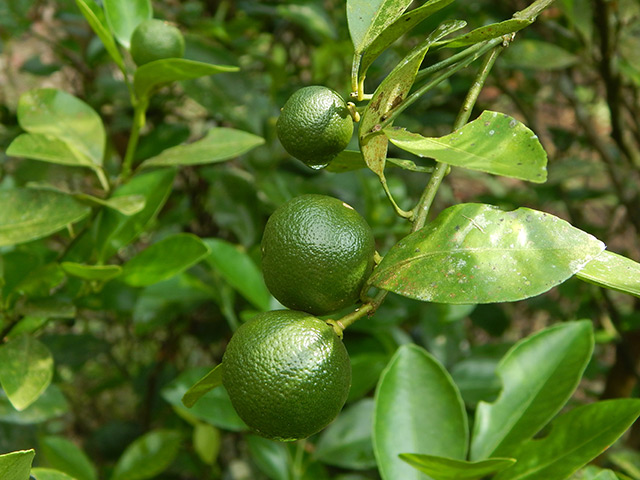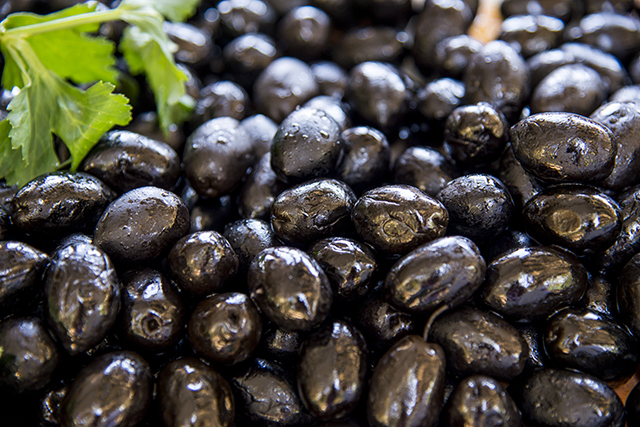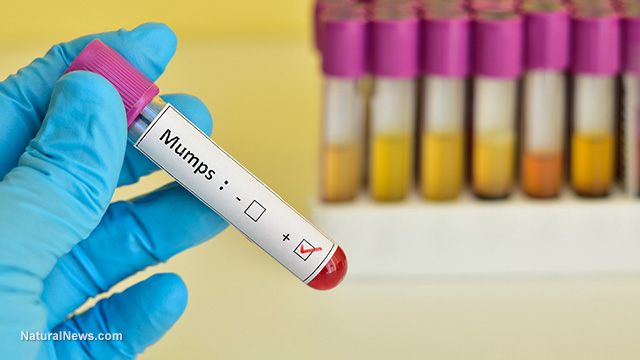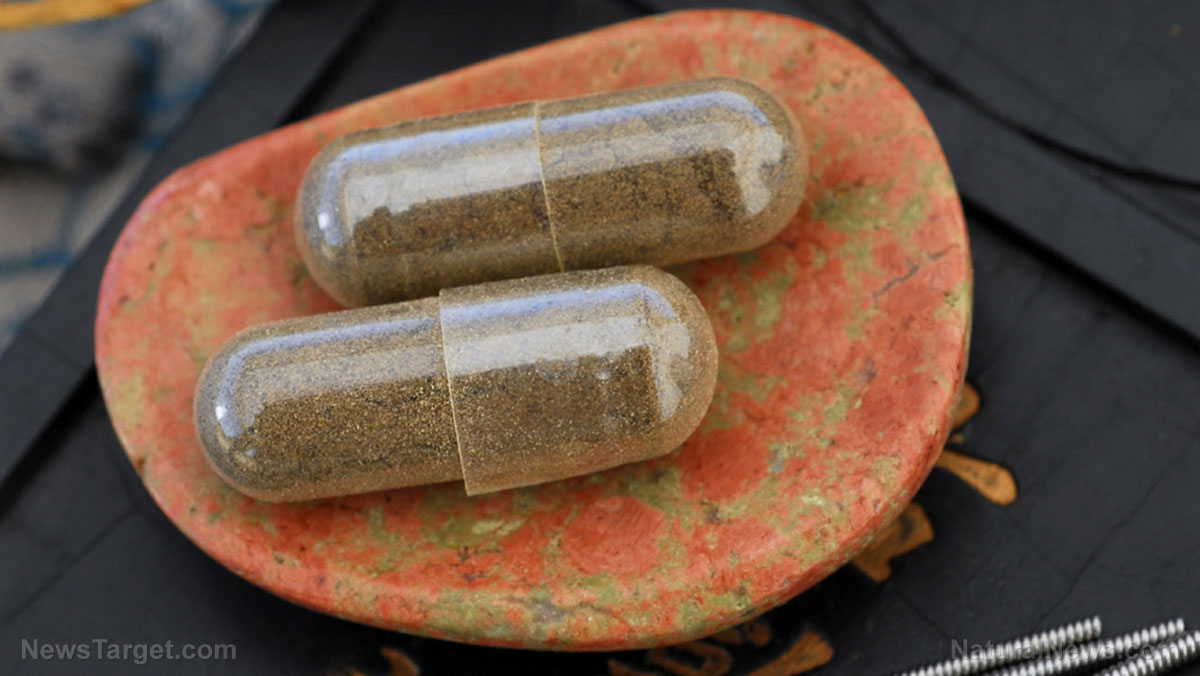Japanese herb found to protect against liver cancer
09/11/2019 / By Janine Acero

Primary liver cancer is a malignant tumor that starts in the liver. The main type of primary liver cancer affecting adults is hepatocellular carcinoma (HCC). HCC starts in the hepatocytes (hepatoma) which is the liver’s main cell type.
High mortality and morbidity rates are associated with HCC, which is primarily caused by uncontrolled migration and invasion of the tumor, also known as metastasis. A study published in The American Journal of Chinese Medicine looked into the anti-metastasis effects of uchiwa yam (Dioscorea nipponica) extracts (DNE) on human liver cancer cells.
After testing DNE through multiple assays, the researchers found that it inhibited the activities and protein levels of metalloproteinase-9 (MMP-9) and urokinase-type plasminogen activator (uPA) in human hepatoma cells. MMP-9 and uPA are enzymes involved in the degradation of the extracellular matrix. DNE was also found to inhibit the migration and invasion capacities of Huh7 cell lines, a type of laboratory-grown human liver cell line used for research purposes.
Using a chromatin immunoprecipitation assay, the researchers found that the inhibitory effects of DNE were associated with the down-regulation of NF-kB and SP-1 signaling pathways. These “transcription factors” are proteins that are over-expressed in many types of cancer and are associated with poor prognosis.
Western blotting also showed that DNE treatment inhibited PI3K and phosphorylation of Akt, which are enzymes involved in cellular functions that lead to cancer.
In summary, researchers found that DNE-mediated inhibition is a potential chemopreventive against liver cancer metastasis.

|
Discover how to prevent and reverse heart disease (and other cardio related events) with this free ebook: Written by popular Natural News writer Vicki Batt, this book includes everything you need to know about preventing heart disease, reversing hypertension, and nurturing your cardiac health without medication. Learn More. |
Natural therapies for liver cancer
Traditional medicine can provide a remedy for almost any ailment, including liver cancer, and research has explored the efficacy of herbal medicine on HCC. However, liver cancer is not that common in Western countries such as the U.S. and Europe compared to other types of cancer, so much of the research on alternative and complementary medicine for liver cancer has examined the therapies’ ability to alleviate the side effects of conventional treatments. Here are some alternative and complementary therapies for people with liver cancer:
- Acupuncture — Nausea is a symptom of liver cancer and a common side effect of chemotherapy, and studies show that acupuncture effectively relieves nausea and vomiting among patients.
- Exercise — Yoga and tai chi have been found to help patients overcome the fatigue that is commonly associated with liver cancer.
- Diet — A healthy diet is key to recovering from disease, especially for liver cancer patients. A diet rich in whole grains and fresh fruits and vegetables helps with digestion, which lifts some pressure off the liver to overwork.
- Massage — Massage, when done by a licensed, experienced massage therapist, can help relieve swelling caused by fluid buildup, which affects the legs, ankles, and feet of liver cancer patients.
Fast facts on hepatocellular carcinoma
HCC most often develops in people with underlying liver disease caused by obesity, excessive alcohol intake or infection with hepatitis B or C. It is common in Asia, the Pacific Islands and Africa due to high rates of hepatitis B infection. In Australia, HCC is more common in migrants from Asian countries where there is a high rate of hepatitis B infection, such as Vietnam, China, Taiwan, and Hong Kong, among others.
Liver cirrhosis can also increase a person’s risk of HCC. Unsurprisingly, smoking also increases the risk of developing HCC. People with more than one risk factor for HCC have an even greater risk of developing the disease.
Liver cancer does not show any signs until it has grown and spread. Symptoms of HCC include:
- Appetite loss
- Dark urine
- Fatigue
- Fever
- Itchy skin
- Jaundice
- Nausea
- Pain in the abdomen or in the right shoulder
- Pale bowel motions
- Swollen abdomen caused by fluid buildup (ascites)
- Unexplained weight loss
- Weakness
While these symptoms can be caused by other conditions, it is best to consult your healthcare provider if you are concerned.
Sources include:
Tagged Under: alternative medicine, anticancer, Dioscorea nipponica, herbal medicine, Herbs, Liver cancer, liver damage, liver health, natural cures, natural medicine, prevention, remedies, research, uchiwa yam




